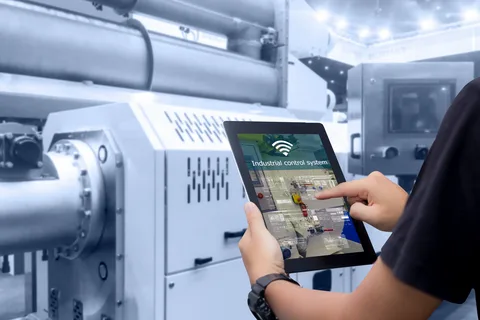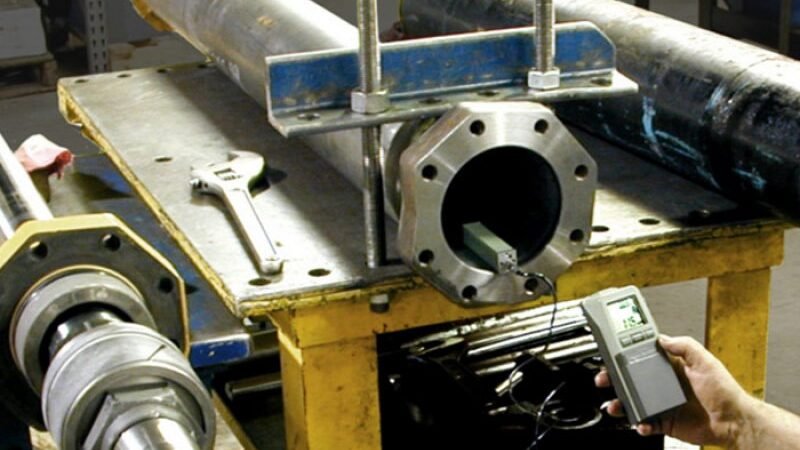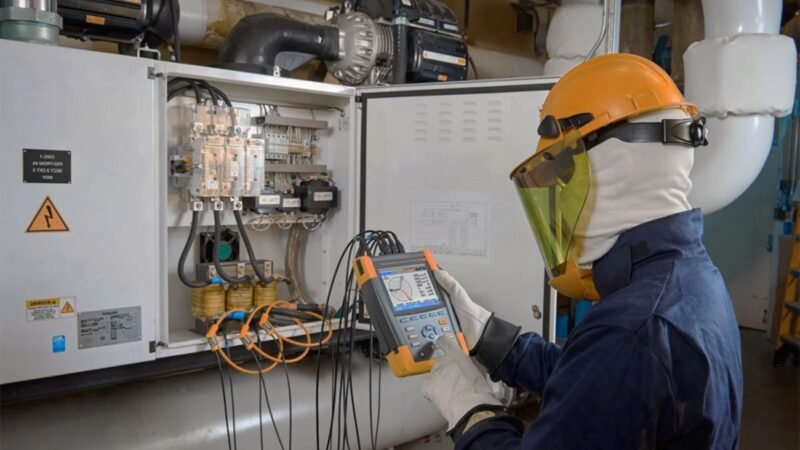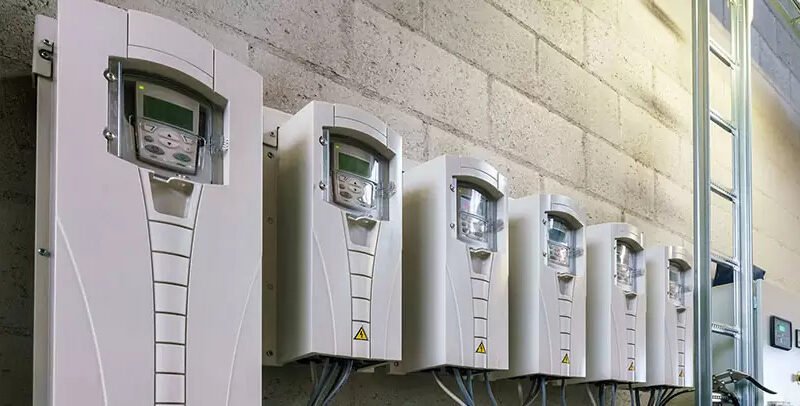The world of manufacturing is changing at an alarming rate. With an increasing amount of…
Industrial Control Systems For Improved Efficiency And Productivity
Industrial control systems have revolutionized the way we do business. They’ve helped us keep up with market trends and enabled us to be more efficient and productive than ever before. Here are some of the ways industrial control systems can improve your business:
Industrial Control System Architecture
Industrial Control System (ICS) are often referred to as “the backbone” of any manufacturing or processing facility, as they are responsible for controlling all aspects of production. They can be used to monitor and control a variety of processes including heating, ventilation, and air conditioning (HVAC), wastewater treatment systems, fire detection/suppression, and more.
The ICS architecture consists of three main components:
- Process Control System (PCS) – This is the physical controller that provides you with real-time information about your process’ status. It also allows you access via remote devices such as laptops or smartphones so that you can make adjustments remotely if necessary.
- Distributed Control System (DCS) – The DCS serves as an interface between your PCSs and other equipment such as SCADA software applications used by plant operators who monitor multiple sites simultaneously via computer terminals throughout their facility locations.
Industrial Control System Development and Maintenance
Industrial Control Systems (ICS) are used to control and monitor physical processes. They can be found in a wide range of industries, including manufacturing, automotive, and aerospace. Industrial Control Systems are also known as supervisory control and data acquisition (SCADA).
The most common type of ICS is the programmable logic controller (PLC), which is an electronic device that uses discrete electronic components to perform logical functions such as sensing changes in inputs or monitoring outputs from sensors. PLCs are often used for simple tasks like controlling automatic doors or lights because they’re easy to program using ladder logic programming languages.
Industrial Control System Security
In order to ensure the security of your ICS, you should implement it at the design phase, as part of maintenance and configuration processes. Security must be part of all three areas:
- Design – The security controls placed on industrial control devices should be implemented at this stage so that they don’t interfere with normal operations and can be tested for functionality before being put into production.
- Maintenance – Industrial control systems need regular updates and maintenance to keep them running smoothly over time; however, these updates should also include critical security patches which might have been released since the installation was completed (or perhaps even before). This ensures that any new vulnerabilities are patched before they can be exploited by an attacker who may have access to your network through another means such as physical access or social engineering tactics like phishing emails or phone calls.
- Configuration – In addition to installing software updates when needed (and making sure those updates include appropriate patches), companies should also be careful about how they configure their systems’ settings–especially if there are options available that could compromise security by allowing remote access via web browser instead of allowing only local connections.
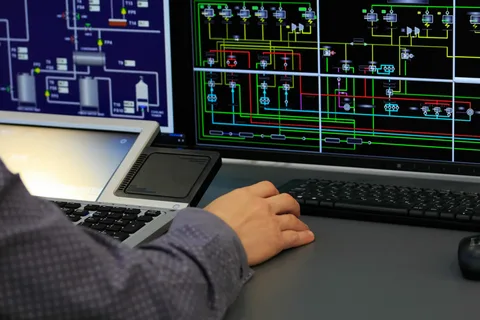
ICS can improve efficiency and productivity.
ICS is a computer system that controls the physical processes of an industrial plant. It monitors and regulates things like temperature, pressure, flow rate, etc., and sends instructions to machinery based on those conditions.
ICS improves efficiency by reducing waste in production processes (e.g., producing too little or too much) while also making them more predictable because they’re automated by computers rather than humans who make mistakes or get tired out from working long hours on shift-based jobs.
Conclusion
The ability to control your manufacturing and production processes is crucial to success. Industrial Control Systems are an essential tool that can help you achieve this goal by providing better control over your operations and making them more efficient.

